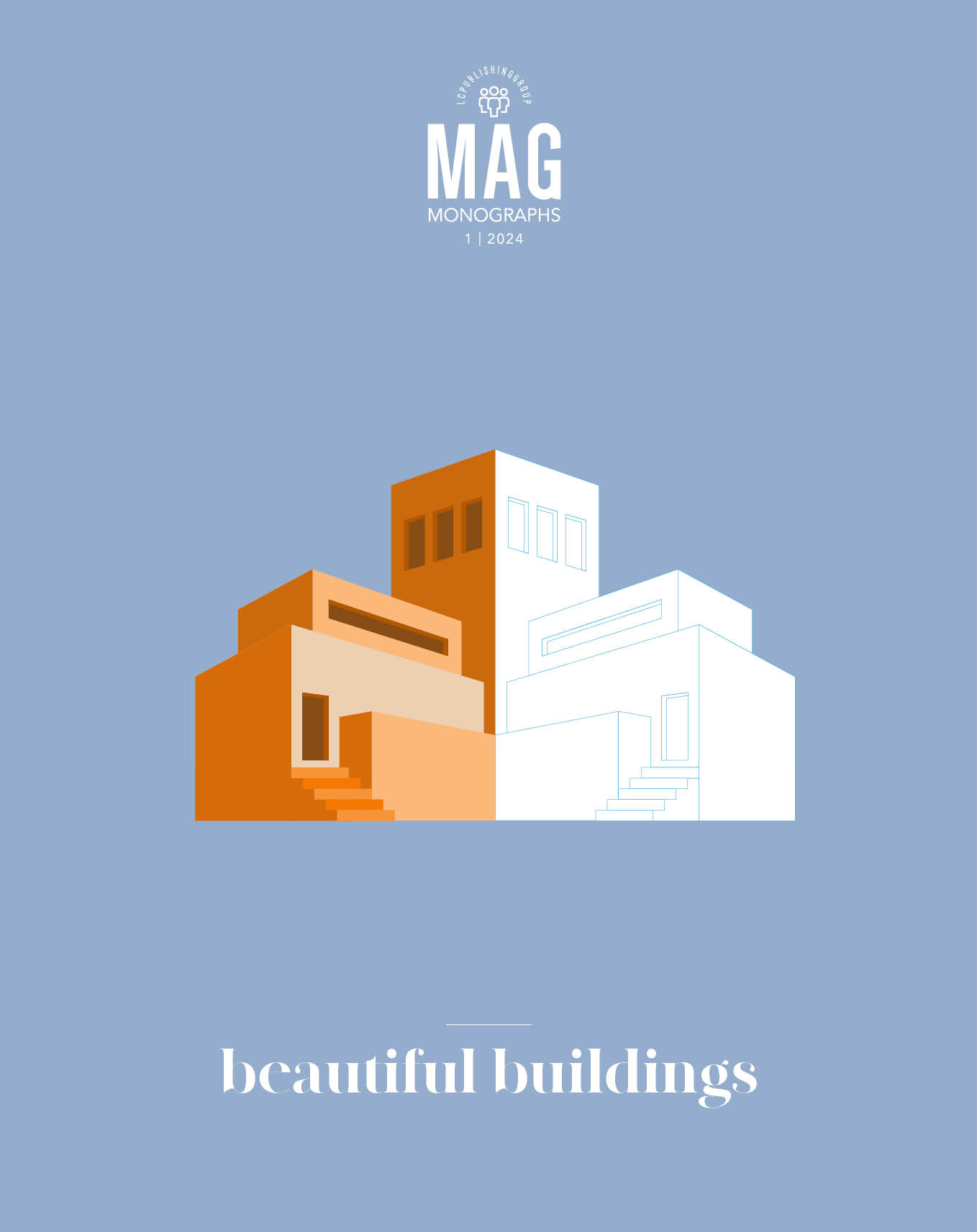ACC’s new man in Brussels talks about the group’s European plans
Resist the charm of the Old Continent? That’s a mission impossible for American in-house lawyers. After 25 years of activity in Europe, conducted through the valuable help of volunteers spread across the area, at the end of February the Association of Corporate Counsel (ACC)—a global legal association representing more than 45,000 in-house counsel employed by over 10,000 organizations in 85 countries–announced the opening of its first European office.
It’s a central office from which it can direct and coordinate all the organization’s activities in Europe. The office has been established in Brussels, at the beating heart of the continent’s institutions. Giuseppe Marletta is leading the office, as managing director. Born in 1979 in Catania (Italy), Marletta (in the photo above) is not a lawyer, but an experienced professional in the international associations arena. “For several years I worked for associations from Italy, managing European projects on cultural exchanges, training animators and young people in the field of tolerance and intercultural dialogue. Eleven years ago, I moved to Brussels and started working for Epto (European Peer Training Organization), an association that deals with intercultural training. Then, I moved to Interel, a global consulting firm that outsourced association management services. And then, almost like a lawyer who moves to the in-house bar from private practice, I started working as the general manager of the International Association of Young Lawyers (AIJA),” Marletta told our colleague in Milan, MAG’s Rosailaria Iaquinta.
The manager, who also sits on the board of the European Society for Associations Executives and the advisory board of Boardroom magazine, has been since 2012 and until his entry into ACC, the general manager of the AIJA. “I was on the opposite sides of the barricades, dealing with outside counsel and now, at ACC, I will work with in-house counsels,” he said. We met him just after his appointment to better understand his role and discuss with him about the top challenges and priorities of the European in-house lawyers.
Why did ACC chose to open its office in Europe?
For a couple of years ACC was showing that it wanted to be more involved in the European market. After several small steps, the association decided to establish a permanent headquarters in Brussels, where I will have the pleasure to work as managing director.
What will you do in your new role?
I will serve as a bridge between the headquarters of ACC [in Washington, D.C., editor’s note] and the European members, bringing them closer to each other. The goal of the association is precisely to respond to our members’ needs of a real physical presence and geographical proximity. It is a cultural rapprochement between Europe and the needs of its members, and the international association.
Where will you start from? What projects are you pursuing specifically?
First of all, I need to get to know our members and establish a relationship with them. I will conduct an analysis of their needs. We have plenty of data regarding the demographics of our members and we would like to take a next step to understand how what we offer can be even more relevant for Europe, if we can do something different and if we can collaborate with other organizations or associations.
How will you work? How will you choose the future projects?
This is going to be a team effort. I will work both with the staff colleagues in the United States who deal with international membership, and in collaboration with ACC’s Europe’s board. I will report directly to ACC in Washington, but I will also work with volunteers in Europe to identify the best projects to carry on.
Why did ACC choose Brussels as its European headquarters? Does the association, which so far has been involved in networking and education activities in Europe, intend to increase its lobbying efforts?
Not necessarily. The networking, education and professional training activities remain at the very heart of ACC. Brussels has been a choice of accessibility, that is, being based in the European city which host over 3,000 international associations. Moreover, Brussels is an easily accessible place, thanks to direct international flights that connect it with other capitals in Europe and in the world. Having said that, advocacy, a term we prefer over the word lobbying, is an important element for ACC. The legal professional privilege is and will continue to stay at the top of the list of our activities. Surely, our footprint in Brussels will strengthen our position also in this area, for example we have already registered the association in the official register for advocacy organizations.
What are the top priorities for in-house lawyers in Europe in your opinion?
There are several. First of all, the managerial and professional training. A point on which ACC insists a lot, considering that chief legal officers are, as well as technicians, part of the strategic management of a company.
Then?
Technology. In-house lawyers must keep up with it. The ability to harness technological tools is critical to ensuring that a team and company do not hang back with innovation.
What else?
The real top priority is to have a multidisciplinary approach helping the company to stay competitive from different points of view. In-house lawyers today cannot just handle compliance or regulatory affairs, but they should manage cybersecurity and other aspects that may have not been so central before.
Management orientation and technology are also two of the biggest challenges for general counsel. There’s more?
The generational challenge. Very soon, companies will have millennials at the top of their management teams. The new generation is different in its way of working, methods of collaboration, decision-making processes, structuring of hierarchies. All things that are likely to change. We do not fully realize it. Obviously, there will be a transition, not a sudden disruption.












